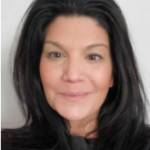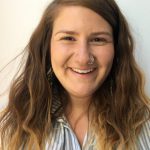
Relational Psychotherapy assert that people experience emotions within the context of their relationships with others. Sometimes, these relationships are harmful, making people think they can’t trust others. This lack of trust leads to “disconnection,” where a person isn’t in a healthy relationship because they don’t connect to the other person. Whether this is due to fear, a lack of attunement to other’s emotions, or past harmful relational experiences, Relational Psychotherapy works to identify these patterns and shift them.
Relational Psychotherapy can be helpful to people of any age, but counselors mainly use it for adults in individual, group, or couples therapy.
Human connection is vital to growth and change. Relational Psychotherapy supports the idea that people exist with others. Also meaningful is the relationship you maintain with yourself. Do you communicate with yourself in harmful ways? Are you constantly engaged in negative self-talk? Relational Psychotherapy aims to address your ways of relating to others and yourself.
Key to Relational Psychotherapy are the ideas of mutual empathy, connections, and being authentic. Your therapist will connect with you as a human being, not as the “expert” who knows better than you. Relational psychotherapists see that you know yourself best. They are simply there to show you that you can maintain a healthy relationship that has trust, connection, mutual empathy, and authenticity.
Part of the process is gaining insight into your patterns of relating to others and helping you shift any unhelpful patterns that lead to disconnection by modeling what a healthy relationship looks like. For this reason, the therapeutic relationship is the most important factor in Relational Psychotherapy.
Anyone looking to work on their relationship skills, deal with trauma or emotions from previous relationships or experiences, or with other mental health concerns can benefit from Relational Psychotherapy.
Therapists Who Specialize in Using Relational Psychotherapy






Lauren Wynn
Colorado Springs
Colorado

Susanna Elliot, LMFTA, CCTS
Raleigh
North Carolina


Beth Azarow
Seattle
Washington





